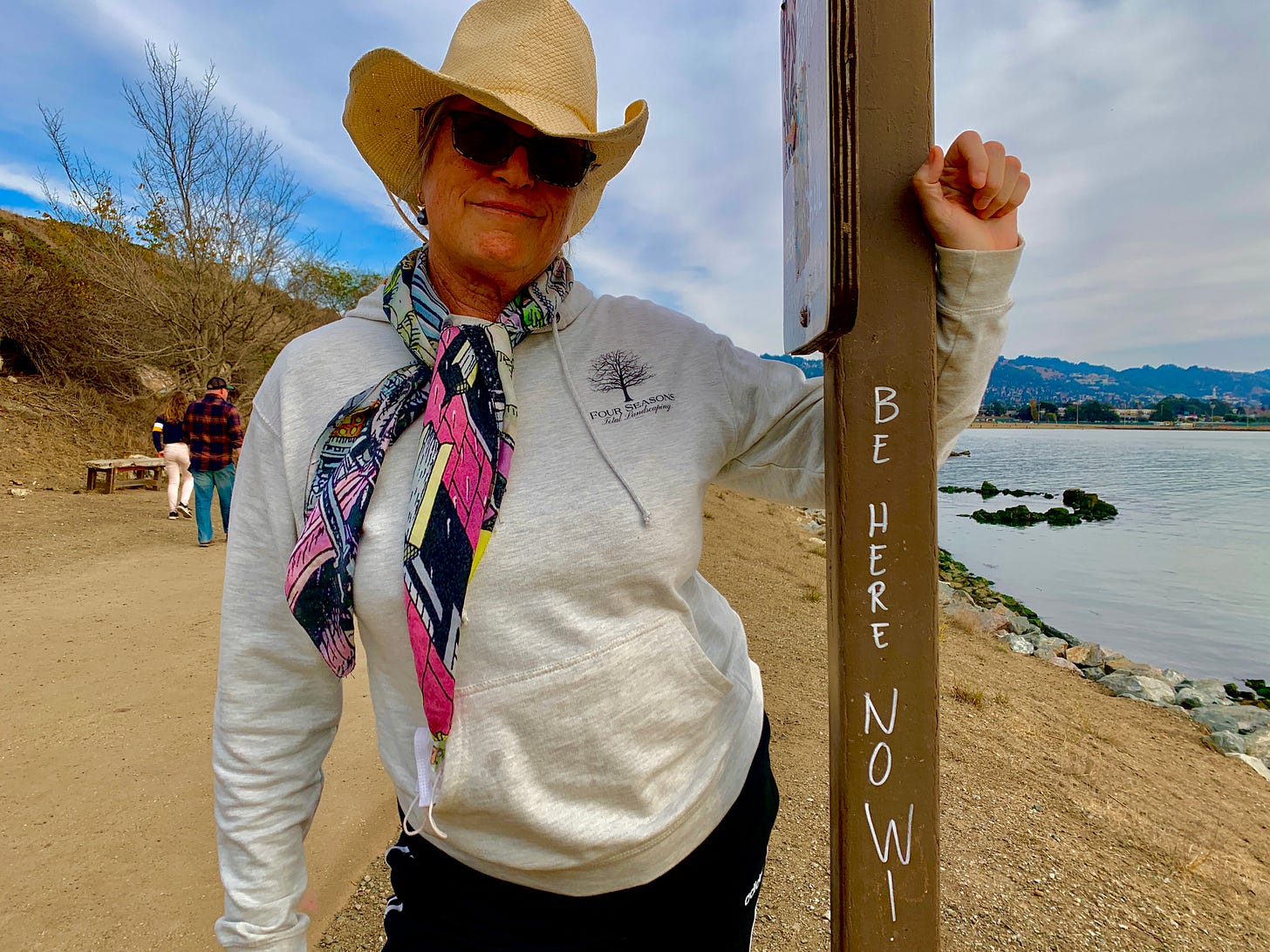10 Money Questions - Sex Was Never This Hard!
Nina Smith puts Susie on the Queer Budget Hot Seat
I answer most sex questions, no matter how personal, without blinking a lash.
But no one ever asked me about money before— until I met a finance writer fourteen years ago named Nina Smith. She founded QueerCents in 2006, and propositioned me with an interview, which she called “10 Money Questions.”
I've never felt so undressed.
I took a 2025 look today at my sweet little 2006 money answers, and I’d like to make an update:



